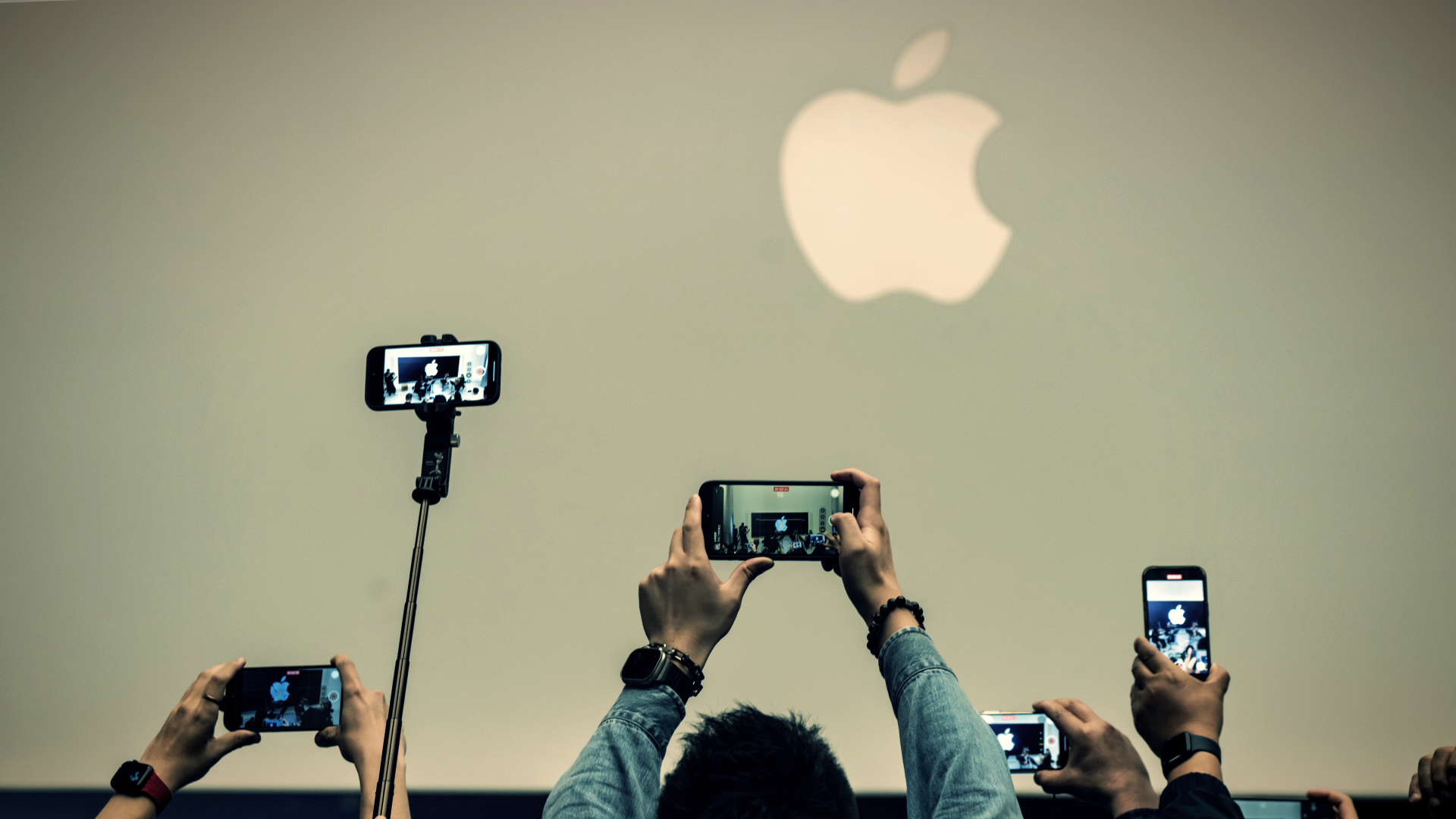Justice Department bites Apple with iPhone suit
The lawsuit alleges that the tech company monopolized the smartphone industry


A free daily email with the biggest news stories of the day – and the best features from TheWeek.com
You are now subscribed
Your newsletter sign-up was successful
What happened
The Justice Department on Thursday filed a massive lawsuit against tech giant Apple, alleging that the company's "anticompetitive and exclusionary conduct" created a monopoly over the smartphone industry. The suit comes amid broader DOJ scrutiny of the tech industry.
Who said what
Apple "built and reinforced the moat around its smartphone monopoly," the Justice Department said. Apple's actions "stifle innovation" and "increase cost for consumers," Attorney General Merrick Garland added. Apple said the suit is "wrong on the facts and the law" and would "hinder our ability to create the kind of technology people expect from Apple."
The commentary
It's a "really big deal to go up and punch someone who is acting like a bully and pretending to not be a bully," antitrust researcher Dina Srinivasan said. Similar to the government's landmark late-'90s Microsoft case, the Apple lawsuit is "likely to become a symbol of the Biden administration's commitment to competition and lowering prices," CNN said.
The Week
Escape your echo chamber. Get the facts behind the news, plus analysis from multiple perspectives.

Sign up for The Week's Free Newsletters
From our morning news briefing to a weekly Good News Newsletter, get the best of The Week delivered directly to your inbox.
From our morning news briefing to a weekly Good News Newsletter, get the best of The Week delivered directly to your inbox.
What next?
Apple is expected to request that the case be dismissed. If that fails, it's "unclear what implications the suit would have on consumers," The New York Times said. The case is "likely to drag out years before any type of resolution."
A free daily email with the biggest news stories of the day – and the best features from TheWeek.com
Rafi Schwartz has worked as a politics writer at The Week since 2022, where he covers elections, Congress and the White House. He was previously a contributing writer with Mic focusing largely on politics, a senior writer with Splinter News, a staff writer for Fusion's news lab, and the managing editor of Heeb Magazine, a Jewish life and culture publication. Rafi's work has appeared in Rolling Stone, GOOD and The Forward, among others.
